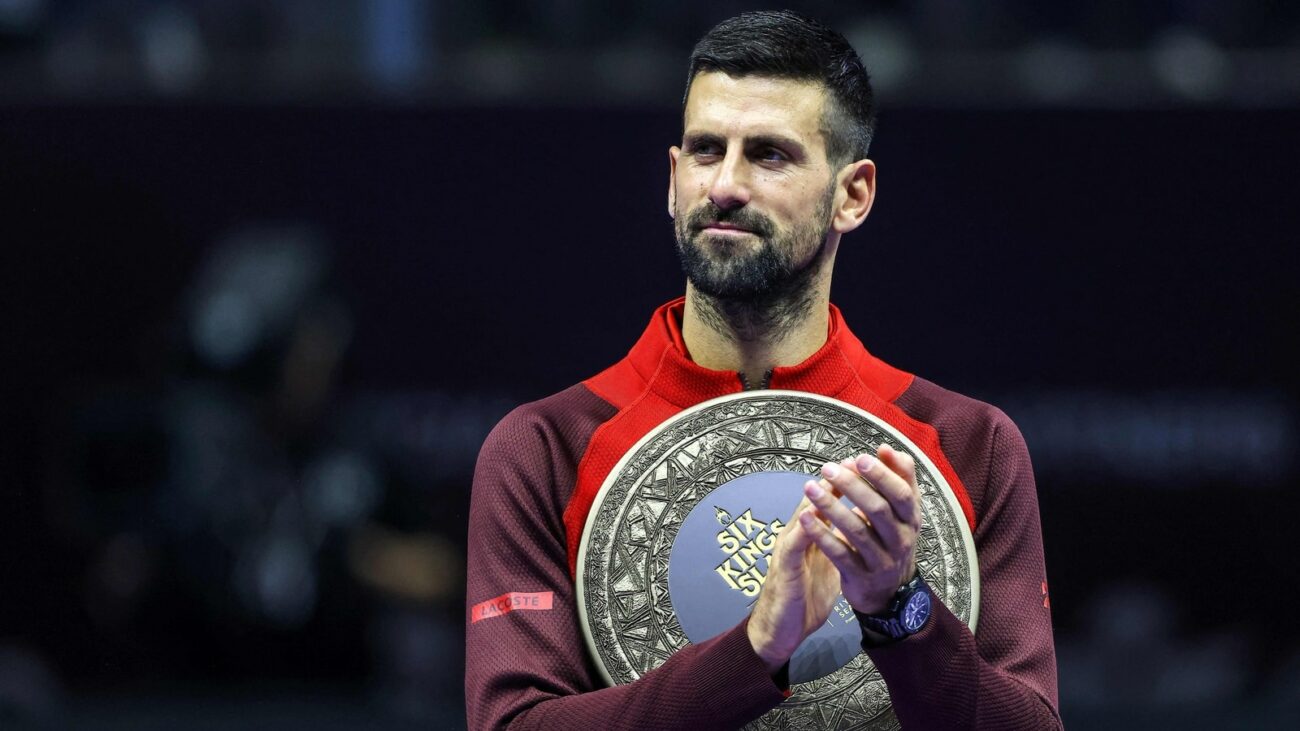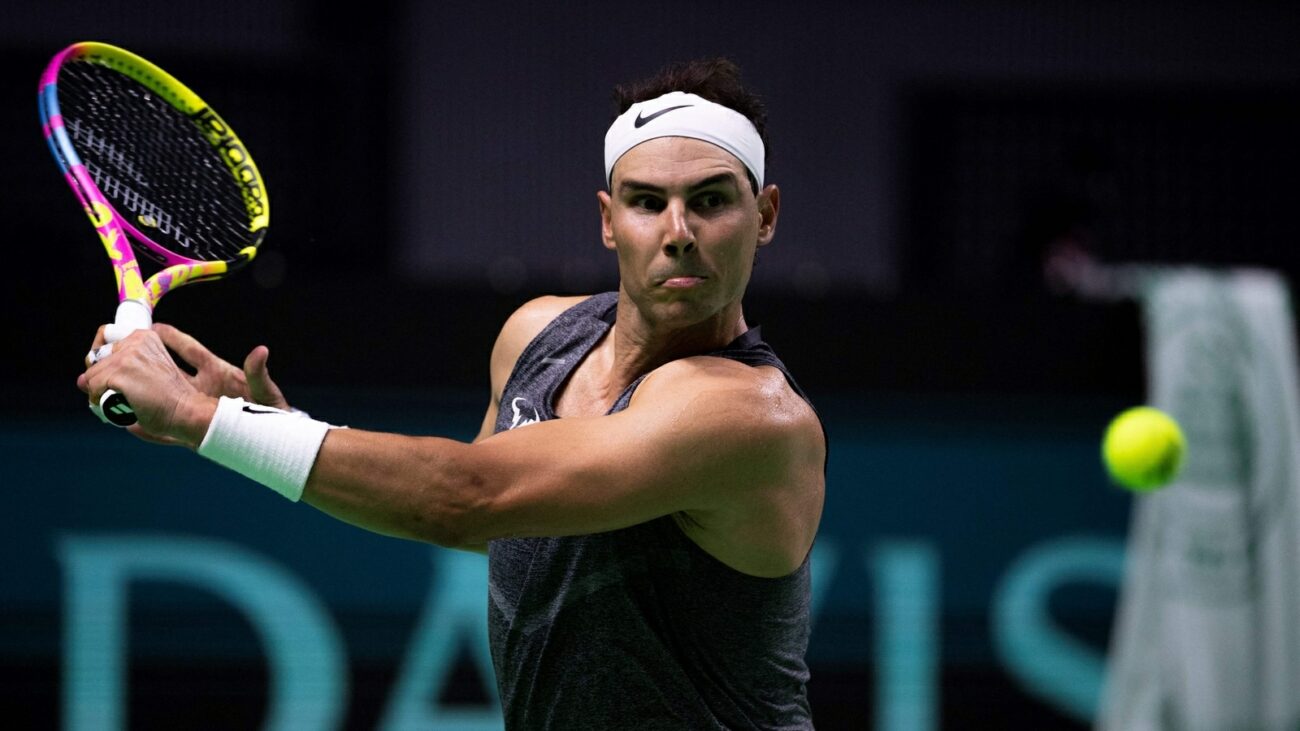Emma Navarro’s Olympic journey came to an abrupt end in Paris, but not without leaving a lasting impression. After a grueling three-hour battle, the American succumbed to China’s Zheng Qinwen in a thrilling three-set encounter. However, it was Navarro’s post-match comments that stole the spotlight, as she unleashed a scathing attack on her opponent’s “cut-throat” demeanor.
Navarro’s frustration boiled over at the net, where she confronted Zheng with a barrage of accusations. The American expressed her lack of respect for Zheng’s on-court behavior, claiming it created a hostile atmosphere in the locker room. “I just told her I didn’t respect her as a competitor,” Navarro told AFP. “I think she goes about things in a pretty cut-throat way.”
Zheng, the No. 6 seed, remained composed in the face of Navarro’s outburst. She acknowledged Navarro’s concerns and expressed a willingness to improve her behavior. “She told me she doesn’t know how I have a lot of fans,” Zheng said. “It looks like she’s not happy with my behavior towards her. If she’s not happy about my behavior, she can come and tell me. I would like to correct it to become a better player and a better person.”
The incident has sparked a debate about sportsmanship and the boundaries of acceptable behavior on the court. Some have defended Zheng, arguing that her aggressive style of play is simply a reflection of her competitive nature. Others have sided with Navarro, condemning Zheng’s alleged lack of respect for her opponents.
Regardless of one’s stance on the matter, it is clear that Navarro’s comments have struck a chord. They have raised important questions about the role of sportsmanship in modern competition and the importance of maintaining a respectful environment for all athletes.





